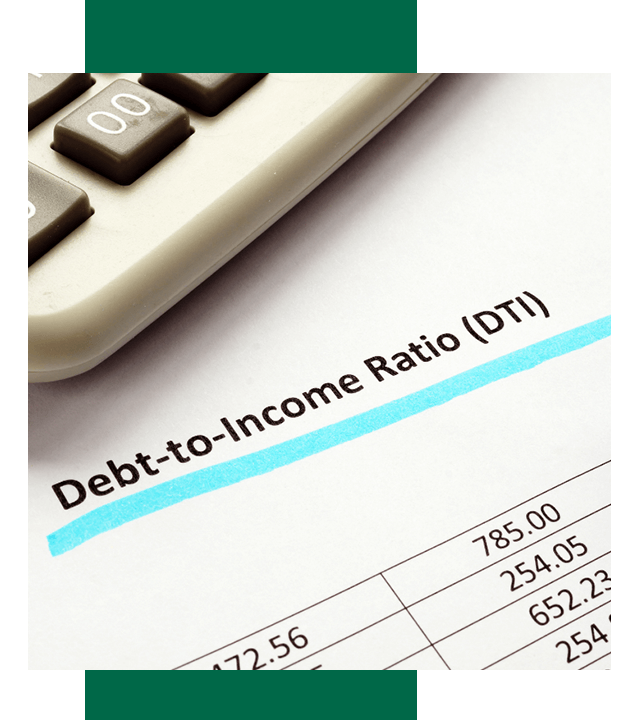Glossary




Murabaha: A Murabaha transaction involves a purchase and deferred payment resale. It involves an Installment credit sale contract where you sign a contract assigning an intermediary (money is not lent to you directly) to purchase the property for you & then you immediately purchase the property from the intermediary & sign a Murabaha contract for the balance amount due on the purchase price of the house.
Ijarah: This is a rent to purchase agreement where the contract is signed between two parties in which the property is owned by one party and the other party leases it for a fixed period and price.
Mudaraba: This is a joint investment among two parties. One invests the money (rabal-maal) and the second party known as the mudareb puts in his time and expertise. The profit and loss are shared among both the parties.
Musharaka: This is a joint partnership agreement in which both parties invest equally or proportionately. In this case, profit and loss are predetermined as percentage of ownership
Riba: By literal meaning from Arabic, Riba means “to increase” or “to exceed“. This is translated to interest or usury in the English language.
Wakalah: This refers to a contract in which one party authorized the other party as their agent to carry out a well-defined legal action on their behalf.
Wasiyat: Will
Zakat: One of the pillars of Islam, Zakat is mandatory charity to ease the suffering of many others and seen as a form of worship.
Prequalification: Refers to the initial estimate of how much a potential home buyer can afford to borrow for his or her home. This is usually the first step before beginning the home-buying process. This is simply an informational and preliminary process in comparison to a preapproval.
Pre-approval: Refers to a more in-depth examination of a potential home buyer to determine how much money can be borrowed, how much the potential monthly payment can be along with the profit rate. This is a more thorough inquiry with your credit history being checked, your income and assets being verified and so forth. With a pre-approval you are proving the claims made in a pre-qualification.
Foreclosure: When a borrower fails to make a certain amount of monthly mortgage payments, the financier through a legal process takes back the property and the property goes to a foreclosure auction for the property to be sold in an attempt to recover the amount on the defaulted agreement.
Short Sale: Usually done to avoid foreclosure, the house is sold for a lesser price than the amount still owed on the mortgage when the homeowner is in financial distress with the agreement of the financier.
Profit Rate: This is the financier’s profit which is determined by the purchase price, the amount of down payment, the term of repayment and the market rate of return on real estate transactions. Interest is a debt based on use of money which changes based on how much money is owed and for how long. A profit rate is a fixed cost added into the sale price of the actual home, which does not change once set.
DTI: Debt to Income Ratio is a comparison of your monthly debt payments to your monthly income. To determine the ratio, add your monthly debt payments and divide them by your monthly gross income. Financiers typically look for low DTI ratios. It is a measure of potential financial stress.
Appraisal: an unbiased estimated value of a home by an authorized professional (appraiser) which is used when buying, refinancing, or selling a property. For residential home buying, the appraisal process is very heavily regulated.
Amortization: the process of paying off loan with a series of fixed payments paid each month over the course of a fixed term or schedule. Islamic financing transactions, by definition, are not amortizing loans, though a financier may use the concept in calculating costs and profits.
Cash-Out Refinance: Often done for home improvement or debt consolidation purposes, cash out refinance lets you get cash out of your increased home equity instead of taking out a second mortgage.
Escrow: A mortgage escrow account helps a homebuyer manage property taxes and insurance. The monthly mortgage payments get distributed in two parts, one part goes toward the monthly installment payment and the other towards the escrow account for taxes and insurance premiums.
HUD: HUD stands for Department of Housing and Urban Development, a government agency established in 1965. HUD homes are foreclosed properties which are owned by this department.
Rate Lock: locks your mortgage rate for a certain period, usually until the closing of the home.
FHA: Refers to the Federal Housing Administration. An FHA loan is insured by the Federal Housing Administration to help achieve affordable housing. They’re usually utilized by first time homebuyer requiring lower minimum credit scores and down payments.
Jumbo: Known as a jumbo loan or jumbo mortgage, exceeds financing limits that are set by Federal Housing Finance Agency.
VA: VA mortgages are backed by the U.S. Department of Veteran Affairs, allowing current service members, veterans, and eligible surviving spouses to become homeowners using special government programs.
Down Payment: the initial amount the home buyer pays towards the home purchase. The amount of the down payment is one of the chief measures of risk in a transaction, and thus the costs and likelihood of approval.
Forbearance: a mortgage forbearance agreement between debtor and financier when a debtor is struggling to make monthly mortgage payments to temporarily postpone payments or reduce them for a certain period.
Homeowner insurance: Also referred to as home insurance protects your home in events that usually damage your home’s interior, exterior, contents/belongings of the home and injuries while on the property.
Principal: Mortgage principal is the amount of the debt owed.
Debt: Debt is an amount of money owed to be paid by a certain date. With a conventional mortgage, you are repaying debt plus interest. With an Islamic financing transaction, you may be paying a higher debt amount, but with no interest. While these amounts may end up being the same, they are not necessarily the same.